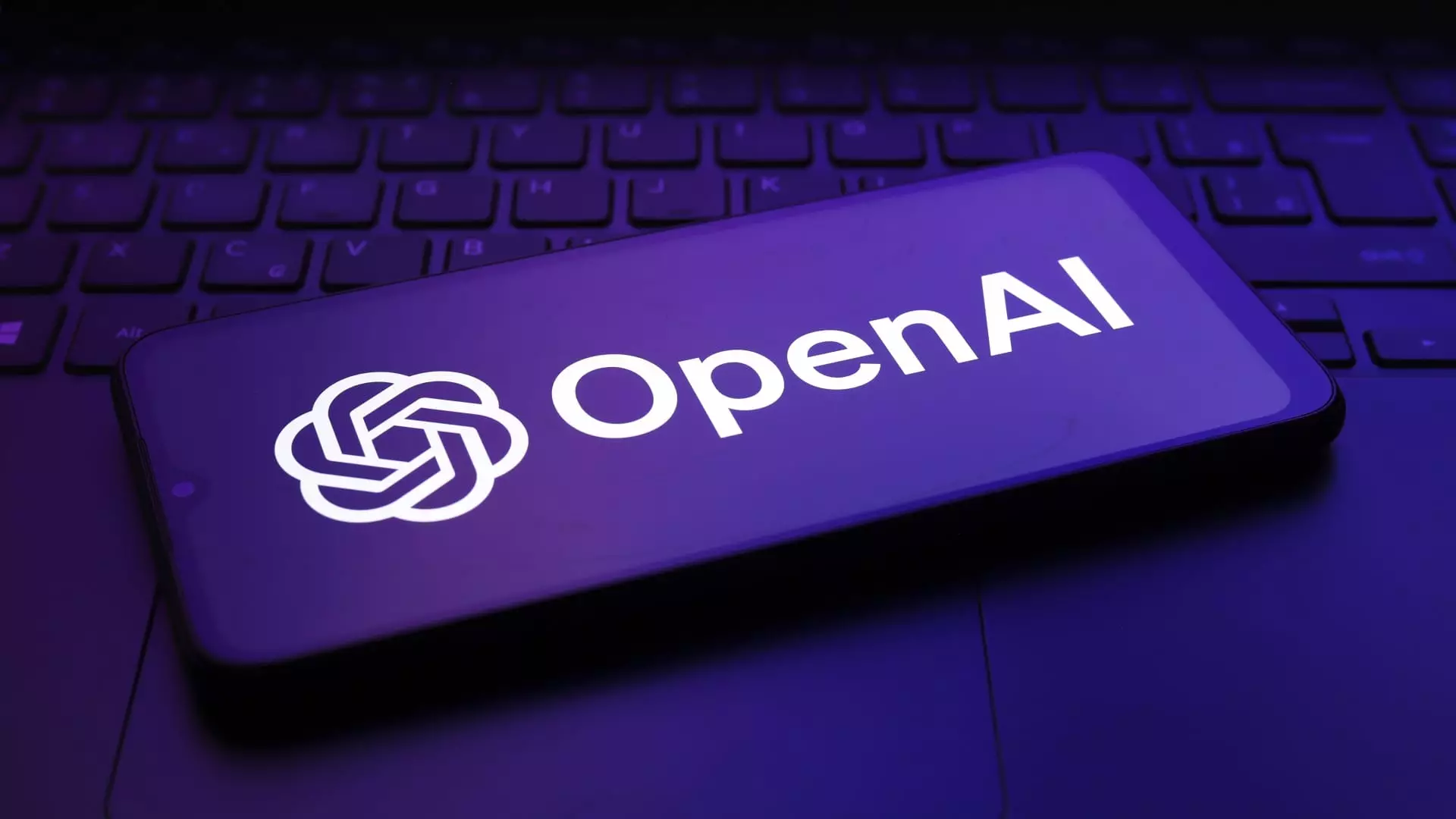The recent death of 26-year-old Suchir Balaji, a former researcher at OpenAI, has left many in the technology and AI community in shock. Confirmed as a suicide by the San Francisco Medical Examiner’s Office, this tragic event serves as a grim reminder of the mental health struggles that often accompany high-pressure environments, particularly in cutting-edge fields like artificial intelligence. Balaji’s concerns about ethical practices within OpenAI highlight a significant tension between technological advancement and the implications for individuals and creators, making his death all the more poignant.
Before his departure from OpenAI earlier this year, Balaji raised alarms regarding potential violations of U.S. copyright law in the development of the popular ChatGPT chatbot. His belief was that AI systems, particularly those that rely on large datasets of digital content, could undermine the commercial viability of creators. Balaji’s stance is not just an isolated opinion but a reflection of a broader anxiety within the creative and publishing industries about the ways in which AI systems are trained and the ethical implications of using copyrighted material without consent.
In public discussions, Balaji articulated a troubling sentiment: for those who share his concerns, sometimes the only recourse is to distance themselves from organizations that do not align with their ethical compass. His voice represents a growing chorus of individuals who grapple with the implications of rapid technological advancements, especially when they collide head-on with issues of ownership and intellectual property.
In response to Balaji’s death, OpenAI released a statement expressing devastation and sympathy for his family. Such statements, while well-intentioned, also bring to light the responsibility that organizations have towards their employees’ mental health. The high-stakes environment of AI research can often foster a culture of relentless pressure, leading to burnout and other serious mental health issues. This incident may serve as a crucial wake-up call for leadership within tech companies to prioritize mental wellness alongside innovation.
The controversy surrounding OpenAI’s data sourcing practices underscores an urgent need for transparent dialogues among stakeholders in the AI community. Current legal disputes with various authors, artists, and publishers reveal deeper systemic issues related to copyright and the ethical use of data. It’s clear that Balaji’s concerns were not merely personal grievances but resonated with larger ethical dilemmas that demand critical attention.
Balaji’s passing should compel all members of the tech sector to reflect on their accountability, both ethically and in terms of employee welfare. As AI continues to evolve, the need for genuine conversations about the implications of its capabilities grows ever more vital. Organizations must ensure that their practices do not exploit creators, nor neglect the mental health of their workforce. Progress in AI should not come at the expense of human lives or the livelihoods of those who contribute to the very fabric of our digital society.
In memory of Suchir Balaji, the tech community is reminded that while innovation is essential, we must also prioritize empathy, mental health, and ethical responsibility. Balaji’s voice may have been silenced, but it should inspire action towards a more balanced and conscientious approach to technology.

